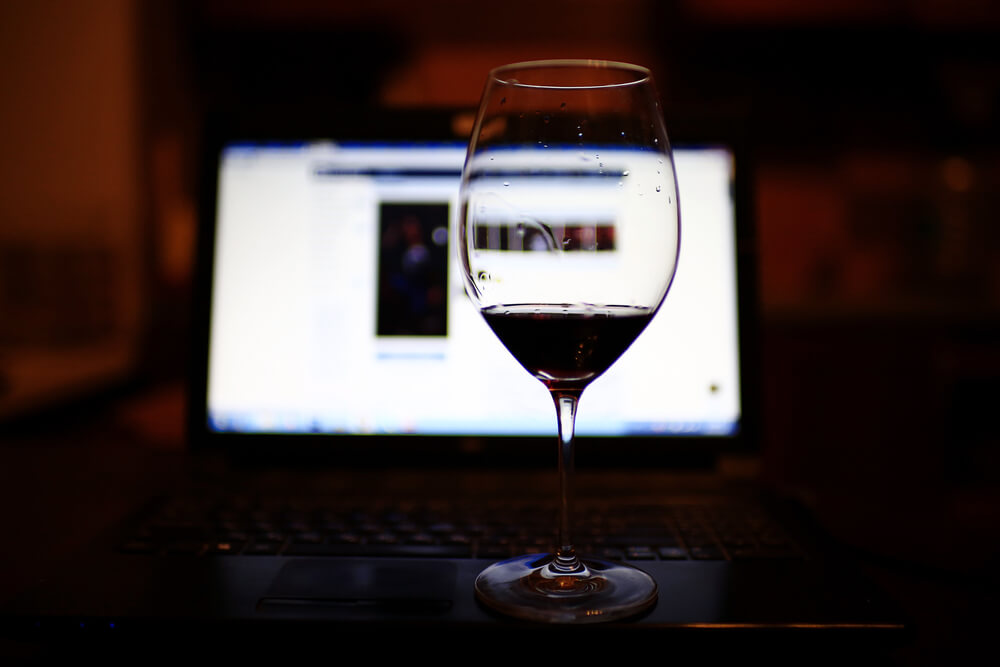
For all of the promises ride sharing Uber offers to the public such as on-demand, anytime, anywhere ride service, none is greater than its potential to reduce the number of intoxicated drivers on the road. When battling regulators for acceptance Uber executives are quick to cite studies that the company claims prove that there the service has a positive impact on drunk driving. So great is the company’s potential to reduce DUIs that anti-drunk driving organization Mothers Against Drunk Driving (MADD) have partnered with Uber and promoted that the public take advantage of the ride service rather than drive drunk on holidays like St. Patrick’s Day, Christmas, Thanksgiving and New Year’s Eve when alcohol consumption is at a high. In some cities, the organization has even offered free designated driving services during these major holidays. There is no doubt that Uber and other ride-sharing apps offer a convenient, inexpensive and potentially life-saving alternative to getting behind the wheel of an automobile after a day or night of drinking alcohol. Uber began its ride-sharing service in San Francisco in 2010.
According to an article in the New York Times, Uber’s effectiveness in reducing drunk driving is well documented as an independent study in New York City indicated that drunk driving decreased over 25% since the advent of the service there in 2011. That percentage translates to about 40 fewer drunk driving related collisions per month. Other studies reveal that there is no correlation between the advent of the ride-sharing service and a reduced rate of drunk driving. As logical as hailing a cab and not drinking and driving may be, not all people that are heavily intoxicated make good decisions. Some people may even be tempted to drink more as they always have an Uber back up ride should they decide to drink more and not drive themselves home.
Given the mixed results of differing studies, Uber itself cited in easily provable statistics that their ridership peaks at the very times and the very days that correspond to peak alcohol consumption. The big question remains, however, is peak alcohol consumption increasing at a greater rate than Uber drivers can transport? Is Uber actually causing an increase in alcohol consumption and drunk driving? There can be no question that Uber designated driving services are in its infancy and will have a significant impact on drunk driving as the app is more and more widely used and accepted.
Source:


